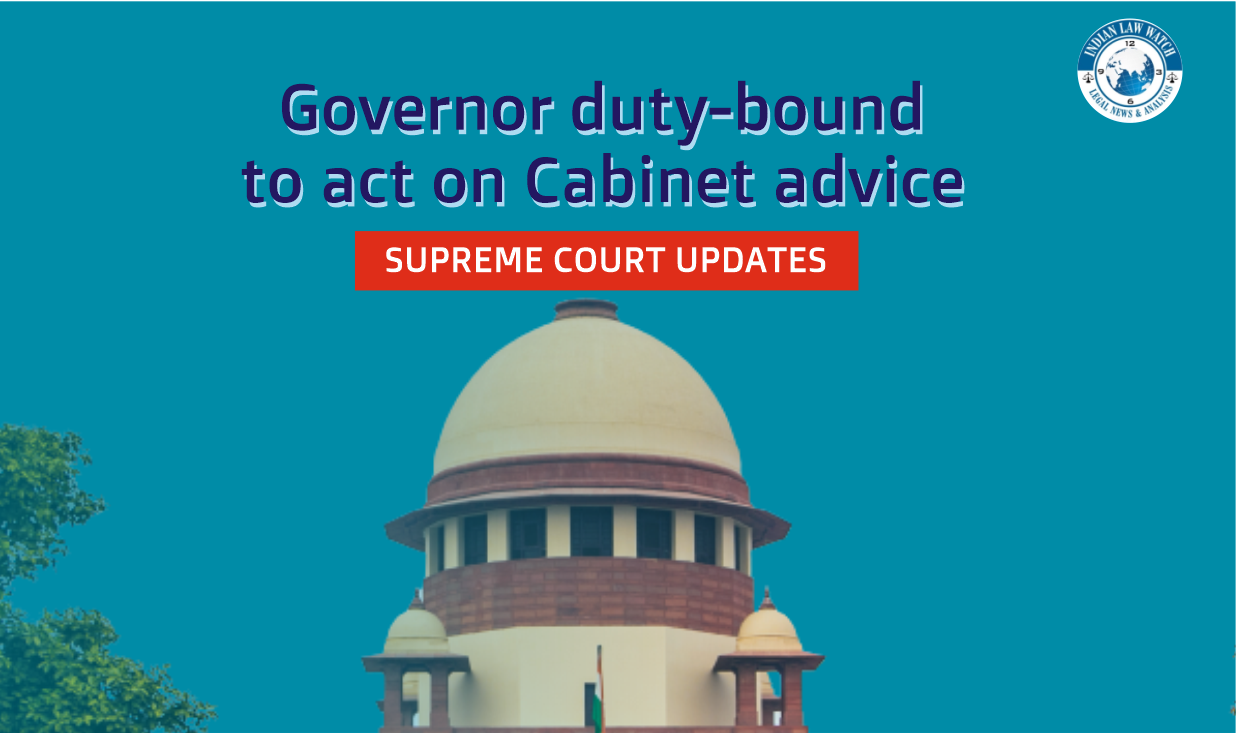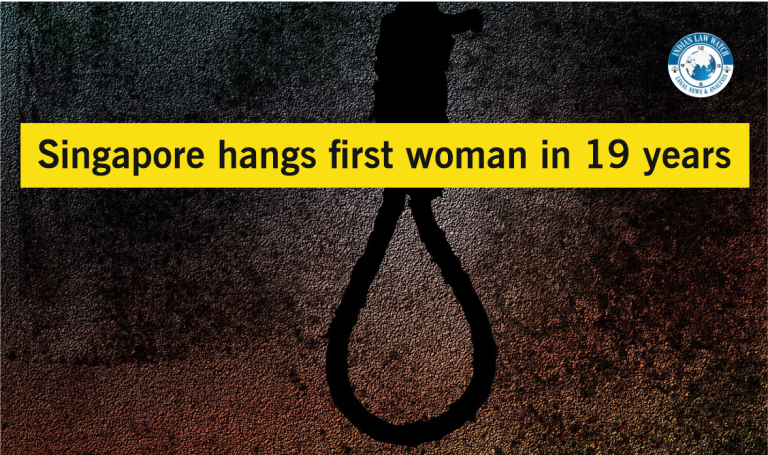
CJI says CM too must give info sought by Governor
The constitutional crisis over Punjab Governor Banwarilal Purohit’s refusal to summon the Budget session of the Assembly from March 3 was blown over on Tuesday with the Supreme Court saying that the Governor was duty-bound to follow the advice of the state Cabinet on the issue.

A Bench led by CJI DY Chandrachud, however, disapproved of the conduct of both Governor Purohit and CM Bhagwant Mann for letting their political differences come in the way of discharging their constitutional duties.


-
“The Budget session will not be convened is simply inconceivable… from both sides there is dereliction,” said the Bench, which also included Justice PS Narasimha.
-
While hearing the Punjab Government’s petition against the Governor’s refusal to summon the Budget session, the Bench cited Constitution Bench judgments to emphasise that the Governor’s power to summon the Assembly under Article 174 of the Constitution had to be exercised on the aid and advice of the Council of Ministers.
-
“In view of the clear constitutional provision, there can be no manner of doubt that the authority which is vested with the Governor to summon the House is to be exercised on the aid and advice of the Council of Ministers. It’s not a constitutional power which the Governor is entitled to exercise on his discretion,” the Bench said. The top court said the CM was also duty-bound to furnish information sought by the Governor.
-
“Under Article 167(b) of the Constitution, when the Governor asks you to furnish information, you’re duty-bound to furnish it. Ask one of your secretaries to respond. At the same time, once the Cabinet says the Budget session has to be convened, he is duty-bound,” the Bench said, terming his tweets and statements against the Governor “extremely derogatory and patently unconstitutional”.
-
The top court said the tone and tenor in the letter of the CM “leaves much to be desired”. At the same time, the “dereliction of the CM” was not a justification for the Governor to not summon the House, the Bench said.
-
“The failure of one constitutional authority to fulfil his duty will not be a justification for another not to fulfil his distinct duty under the Constitution,” it said.
-
At the outset of the hearing, Solicitor General Tushar Mehta informed the top court that Governor Purohit had already summoned the House for the Budget session from March 3 and that the Punjab Government’s petition had become infructuous.
-
“The Governor is now making a virtue out of necessity after the state approached the SC. Is this the way the Governor is supposed to act? He has hijacked the Constitution,” senior advocate Abhisekh Singhvi told the Bench.
-
The Bench said, “Political differences in a democratic polity are acceptable and have to be worked out with a sense of propriety and maturity without having to race to the bottom. Unless these features are adhered to, constitutional principles will be put to jeopardy.” “There must be in our public discourse, a certain constitutional discourse. We may belong to different parties, the office the Governor is not from a party… we have to have a constitutional discourse,” it noted.
-
Singhvi said the Punjab Government was forced to move the SC due to the Governor’s refusal to summon the Assembly for the Budget session. Mehta pointed out that the CM had used extremely inappropriate language in his letters to the Governor.
-
The Solicitor General said the Governor did not refuse to summon the Assembly but only said that he would take a decision after getting legal advice on certain statements made by the CM. “Look at the level of discourse. Street language is used…, Mehta said about the CM’s reply to the Governor’s letter seeking certain details.
-
Earlier, the matter was mentioned by Singhvi before the CJI-led Bench which agreed to take it up after the Constitution Bench matter relating to Maharashtra got over
Source: The Tribune





